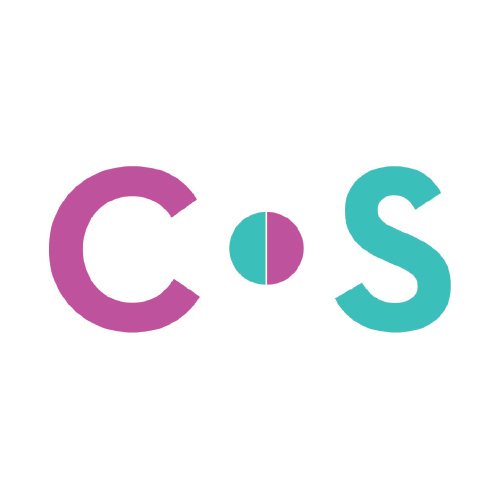MND Global Awareness Day: Understanding Motor Neurone Disease
June 21st marked MND Global Awareness Day, a significant date dedicated to raising awareness about Motor Neurone Disease (MND) worldwide. As a care and support worker on the Careseekers platform, you may have clients living with MND. In this blog, we will look at what MND is and how you can best support your clients living with this condition.
What is Motor Neurone Disease (MND)?
Motor Neurone Disease (MND) is a progressive neurological disorder that affects the nerve cells (neurons) responsible for controlling voluntary muscle activities such as walking, speaking, swallowing, and breathing. Over time, these neurons degenerate and die, leading to muscle weakness, atrophy, and the eventual loss of voluntary muscle control.
There are several types of MND, with Amyotrophic Lateral Sclerosis (ALS) being the most common. Other forms include Progressive Bulbar Palsy (PBP), Progressive Muscular Atrophy (PMA), and Primary Lateral Sclerosis (PLS). Each type affects the body differently and progresses at varying rates.
Symptoms of MND
The symptoms of MND can vary but commonly include:
Muscle Weakness: Initially affecting the hands, feet, or mouth, leading to difficulty with everyday tasks.
Muscle Cramps and Twitching: Frequent muscle spasms and fasciculations (twitching) are common.
Difficulty Speaking and Swallowing: Speech may become slurred, and swallowing can become challenging.
Breathing Problems: As the disease progresses, respiratory muscles weaken, making breathing difficult.
Emotional and Cognitive Changes: Some individuals may experience changes in their emotional responses and cognitive function.
How Can Care & Support Workers Assist Clients with MND?
As a care and support worker, your role in assisting clients with MND is invaluable. Here are some ways you can provide effective support:
1. Understand the Disease:
Educate yourself about MND, its symptoms, and progression. Being informed enables you to anticipate and respond to the needs of your clients more effectively.
2. Provide Physical Assistance:
Help clients with daily activities such as eating, dressing, and mobility. Use assistive devices and adaptive equipment to enhance their independence and safety.
3. Communication Support:
Assist with communication, especially as speech difficulties arise. Learn about and use communication aids like speech-generating devices or apps that can help clients express themselves.
4. Emotional Support:
Offer a compassionate ear and emotional support. Living with MND can be emotionally challenging, and your empathy and understanding can make a significant difference.
5. Coordinate Care:
Work closely with healthcare professionals, including neurologists, physiotherapists, and occupational therapists, to provide comprehensive care. Ensure that all aspects of the client's health and well-being are addressed.
6. Monitor Changes:
Keep track of any changes in your client’s condition and report them to healthcare providers promptly. Early detection of complications can lead to better management and improved quality of life.
7. Encourage Participation:
Involve clients in activities they enjoy and that are within their capability. This can enhance their mood and provide a sense of accomplishment and inclusion.
For more information on MND, visit organizations such as https://www.mndaustralia.org.au/, https://www.mndassociation.org/
To become a care or support worker, please visit www.careseekers.com.au/carer
To find disability support services, please visit www.careseekers.com.au/services/disability-support-workers
To find aged care services, please visit www.careseekers.com.au/services/aged-care-workers
To make a referral, please visit https://www.careseekers.com.au/referrals
